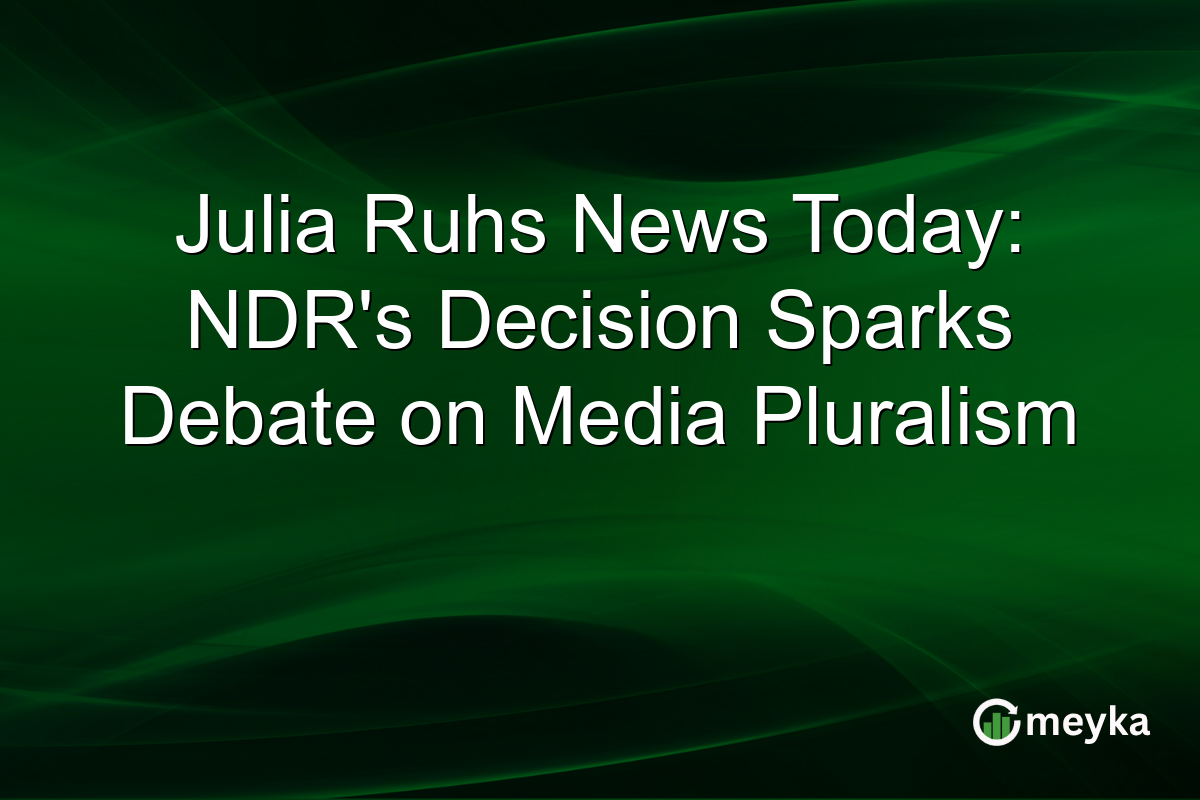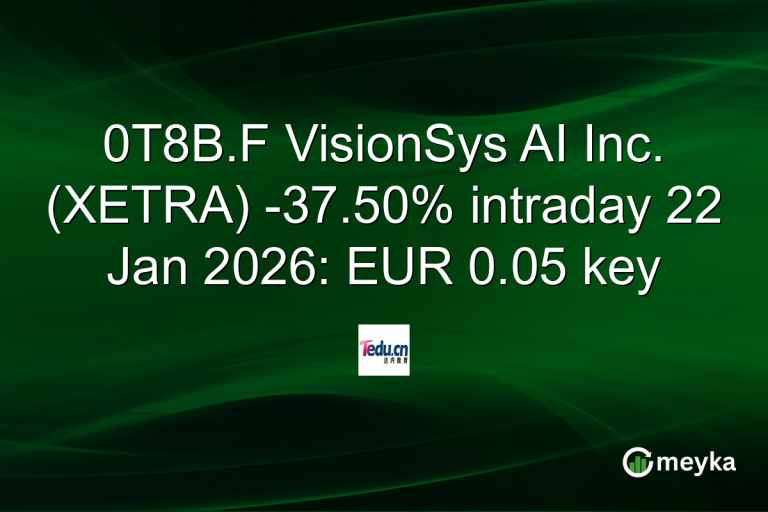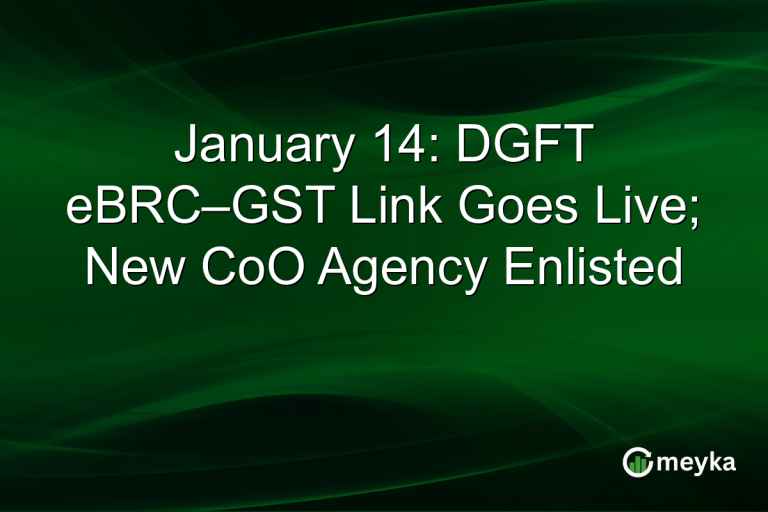Julia Ruhs News Today: NDR’s Decision Sparks Debate on Media Pluralism
The recent decision by Norddeutscher Rundfunk (NDR) to cease collaboration with journalist Julia Ruhs has reignited the media pluralism debate in Germany. This move has significant implications for editorial independence, especially within the nation’s public broadcasting sector. At the core of the issue is the balance between media freedom and the responsibility of state-funded broadcasters to represent a diversity of voices.
The Context Behind NDR’s Decision
The decision by NDR, one of Germany’s major public broadcasters, to end its relationship with Julia Ruhs, has been widely discussed. NDR cited editorial differences as a reason. However, this explanation has faced scrutiny. Critics argue it touches on fundamental principles of media pluralism, raising questions about the broadcaster’s role in ensuring diverse perspectives.
Read the latest discussions on this at Stuttgarter Nachrichten.
Implications for Media Pluralism and Public Trust
Media pluralism is crucial for democratic societies, ensuring that audiences receive information from multiple viewpoints. NDR’s decision highlights potential risks to this ideal when editorial decisions may align too closely with specific narratives at the expense of others.
Critics of the decision state it might erode public trust, which is vital for publicly funded institutions. They assert that public broadcasters should prioritize diversity in their programming to maintain credibility and relevance.
Public Broadcasting Controversy and the Role of NDR
The controversy surrounding NDR’s decision with Julia Ruhs is part of a broader public broadcasting controversy in Germany. Public media are tasked with a unique mandate to be impartial and comprehensive. However, decisions like this can sometimes appear to contradict this mission, leading to debates about the true nature of editorial independence.
For insights on how these decisions impact media pluralism, read more at Kress News.
Looking Ahead: Media Landscape and Accountability
The NDR and Julia Ruhs scenario prompts a need for accountability and transparency in editorial processes. Growing public discourse emphasizes the importance of upholding diverse voices in media. Regulatory bodies might soon face pressure to reinforce guidelines ensuring that public broadcasters don’t stifle pluralism unconsciously.
This event echoes a broader media landscape shift, where consumer trust is paramount, and adherence to impartiality isn’t just preferred but required.
Final Thoughts
The debate sparked by NDR’s decision concerning Julia Ruhs is more than a single media issue. It reflects broader concerns about media pluralism and editorial independence that are at the heart of public trust in broadcasting. Ensuring diverse perspectives in publicly funded media isn’t just about legal compliance; it’s about genuinely serving the public’s interest. As discussions continue, observers hope for resolutions that prioritize transparency and diversity, ensuring that public media remains a trusted source for all voices.
FAQs
NDR ended its collaboration with Julia Ruhs citing editorial differences. This decision has sparked widespread debate about media pluralism and the responsibilities of public broadcasters to maintain diversity in their programming.
Media pluralism ensures multiple viewpoints are represented, which is crucial for a healthy democracy. It prevents media monopolies and ensures the public has access to a broad range of perspectives, fostering informed citizens.
Ending the collaboration with Julia Ruhs could erode public trust as it raises concerns about editorial independence. Public broadcasters are expected to be impartial, and decisions that limit diverse perspectives might diminish their credibility.
Disclaimer:
This is for information only, not financial advice. Always do your research.






